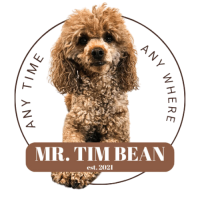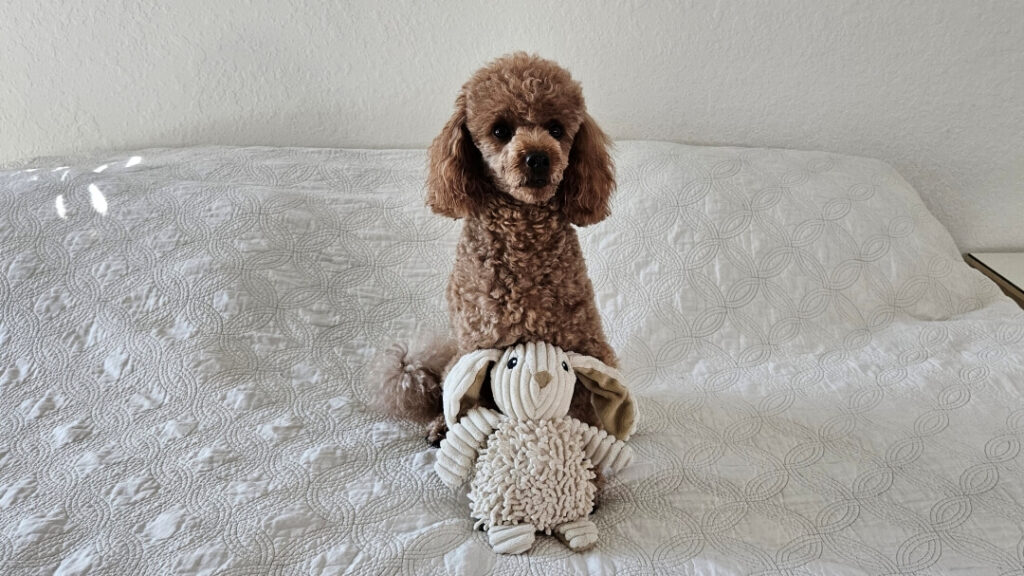Introduction to Miniature Poodles
Miniature poodles are adored for their intelligence, affectionate nature, and hypoallergenic coats—making them a top choice for pet owners. These charming dogs pack a lot of personality into their small frames, making them excellent companions for families and individuals alike.
However, owning a miniature poodle comes with its own set of challenges. This blog aims to help both new and seasoned poodle owners avoid common pitfalls and provide optimal care for their furry friends.
In this guide, we will discuss five common mistakes miniature poodle owners often make and how to avoid them. From grooming and diet to exercise and healthcare, we’ll cover all the bases.
Additionally, you’ll find real-life examples and tips from experienced poodle owners. By the end, you’ll be equipped with the knowledge to ensure your poodle leads a happy, healthy life.
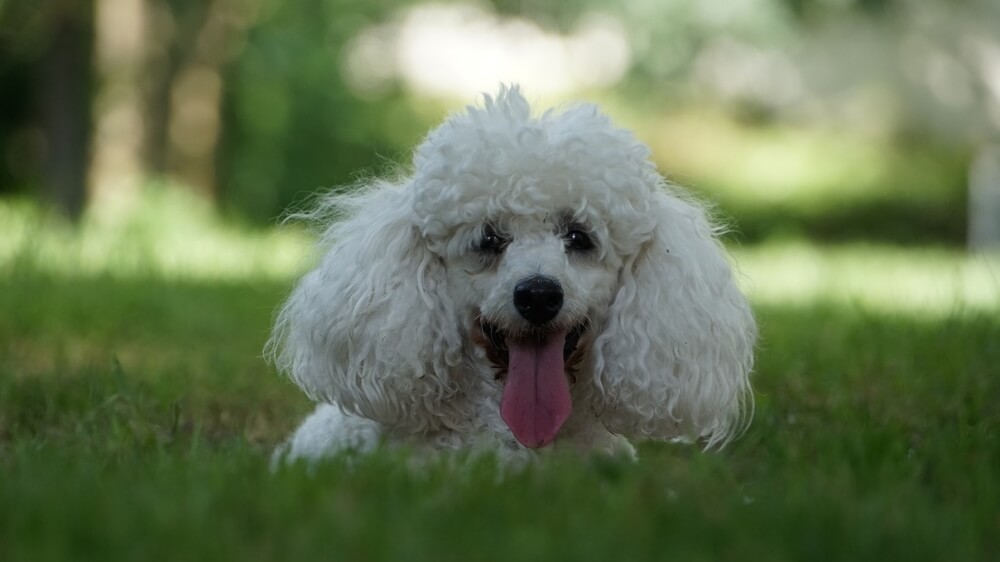
Lack of Proper Grooming
Importance of Regular Grooming
Miniature poodles have a unique coat that requires diligent care. Unlike most dogs, poodles have hair rather than fur, which means their coats can become matted if not properly maintained. Regular grooming is essential to keep their coats healthy and beautiful. Without it, your poodle may get skin infections and other health issues.
Tips for At-Home Grooming
Invest in quality grooming tools such as a slicker brush, comb, and grooming clippers. Brush your poodle’s coat several times a week to prevent tangles and mats. Bathing should be done every three to four weeks, using dog-specific shampoos and conditioners. If you’re unsure about grooming techniques, consider taking a course or watching tutorial videos to get the hang of it.
When to Seek Professional Help
While maintaining a grooming routine at home is essential, professional grooming is also necessary. Schedule professional grooming sessions every 4-6 weeks. A professional groomer can handle tasks like nail trimming, ear cleaning, and more intricate cuts that you might find challenging to do at home.
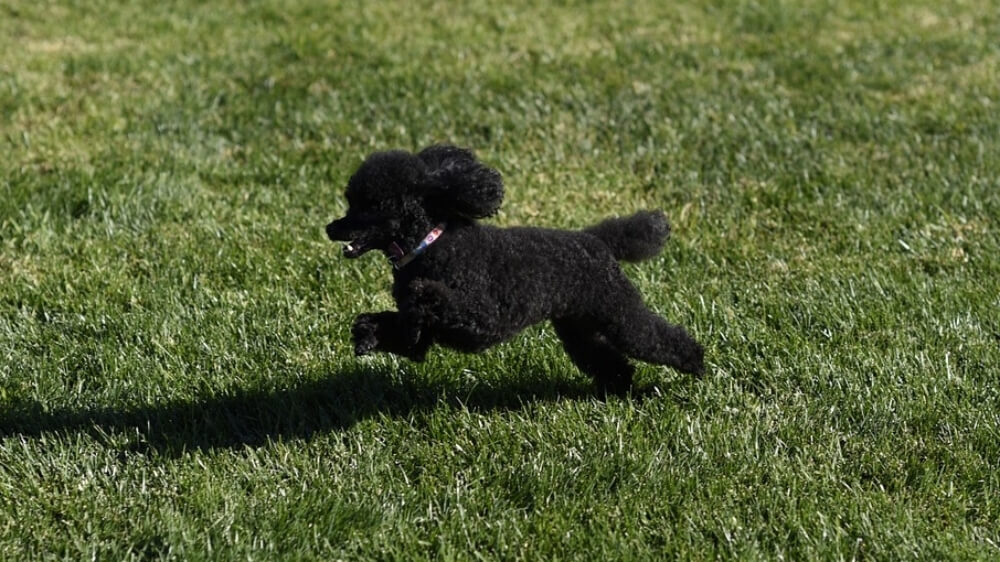
Inadequate Exercise
Specific Exercise Needs
Miniature poodles are energetic dogs that need regular exercise to stay healthy and happy. They may be small, but they have the stamina and agility of much larger breeds. Without adequate exercise, poodles can develop behavioral problems such as excessive barking and chewing.
Types of Exercise
Incorporate a variety of exercises to keep your poodle engaged. Daily walks are essential, but also consider activities like agility training, fetch, and swimming. These exercises not only tire them out physically but also stimulate them mentally.
Balancing Exercise and Rest
While it’s important to keep your poodle active, it’s equally essential to ensure they get enough rest. Over-exercising can lead to joint problems and exhaustion. Aim for about 30 minutes to an hour of exercise daily, adjusted based on your dog’s age and health condition.
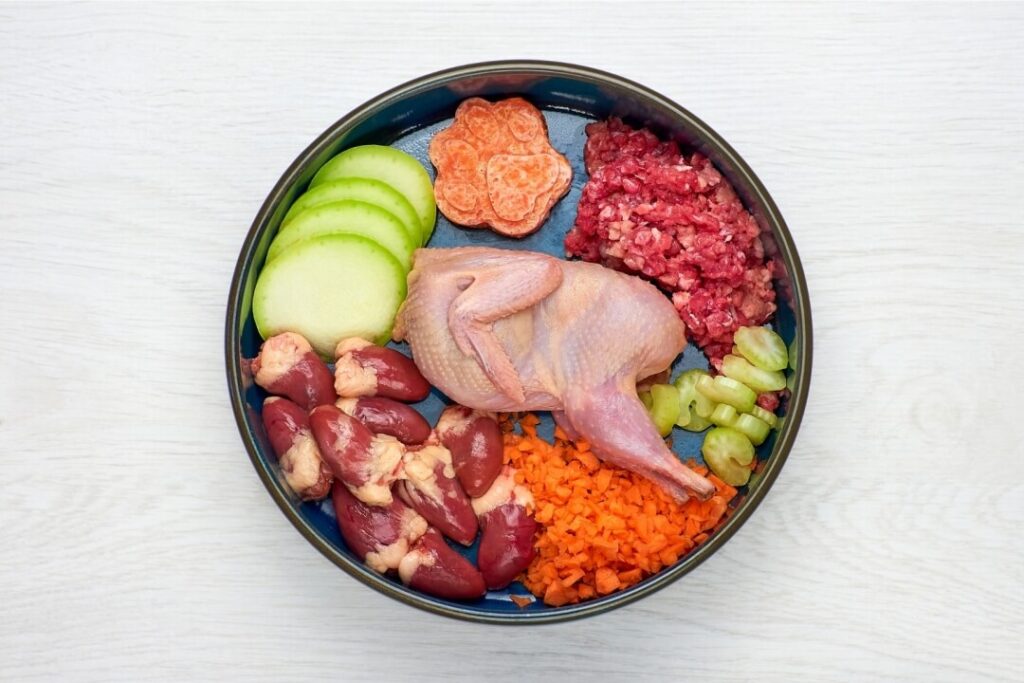
Poor Diet Choices
Nutritional Requirements
A balanced diet is crucial for your miniature poodle’s overall well-being. Poor dietary choices can lead to obesity, dental problems, and other health issues. Poodles require high-quality food rich in proteins, healthy fats, and essential vitamins and minerals.
Common Dietary Mistakes
One common mistake is overfeeding, which can lead to obesity. Another issue is feeding them human food, which often contains ingredients harmful to dogs. Avoid giving your poodle leftovers or table scraps. Instead, focus on specially formulated dog food that meets their nutritional needs.
Recommended Food Options
Opt for high-quality dog food brands that use natural ingredients and avoid fillers like corn and soy. Consult your vet to tailor a diet plan that suits your poodle’s age, weight, and health conditions. Some popular brands to consider include Royal Canin, Hill’s Science Diet, and Blue Buffalo.
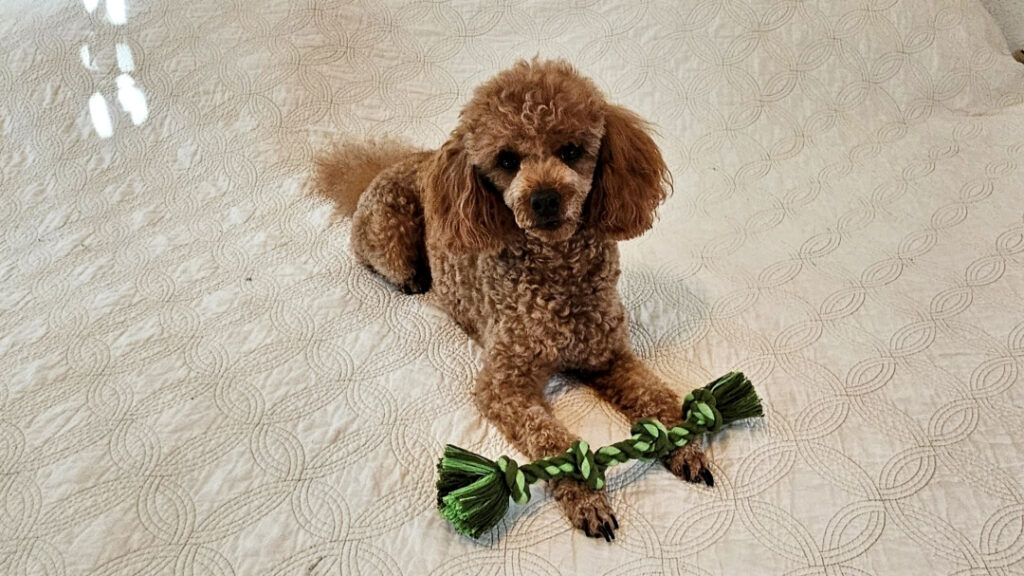
Insufficient Training
Importance of Early Training
Miniature poodles are incredibly smart and responsive to training, but they require consistent effort from an early age. Insufficient training can result in behavioral issues such as aggression and anxiety. Early training and socialization are key to a well-behaved dog.
Basic Commands and Socialization
Start with basic commands like “sit,” “stay,” and “come.” Use positive reinforcement techniques, offering treats and praise for good behavior. Socialize your poodle by exposing them to different environments, people, and other dogs. This helps them become well-rounded and adaptable pets.
Advanced Training Tips
Once your poodle has mastered the basics, consider advanced training techniques such as agility courses or tricks. These activities keep them mentally stimulated and reinforce the bond between you and your pet. Enroll in a local dog training class if you need additional guidance.
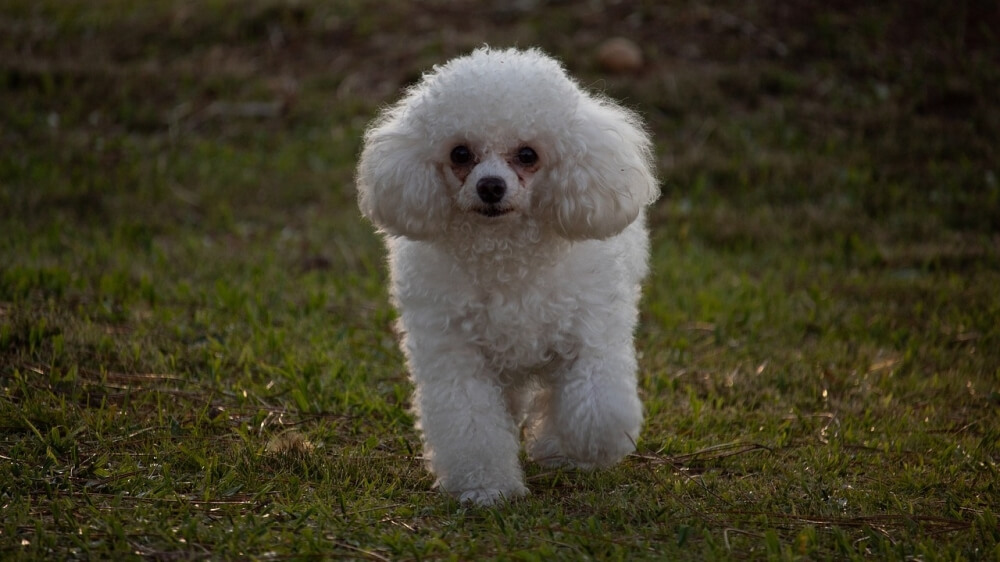
Neglecting Health Care
Common Health Issues
Miniature poodles are prone to certain health issues, including hip dysplasia, epilepsy, and eye conditions like cataracts. Regular vet visits are crucial for early detection and treatment of these problems. A neglected health issue can quickly escalate, causing unnecessary suffering for your pet.
Importance of Regular Vet Visits
Schedule annual check-ups with your vet to monitor your poodle’s health. Regular blood tests, dental cleanings, and vaccinations are essential components of preventive care. Keep an eye out for any changes in behavior, appetite, or physical condition and consult your vet if something seems off.
Preventative Care Tips
In addition to regular vet visits, maintain a comprehensive health care routine at home. Brush your poodle’s teeth several times a week to prevent dental disease. Use flea and tick prevention treatments, and keep their vaccinations up-to-date. A little effort goes a long way in ensuring your poodle’s long-term health.
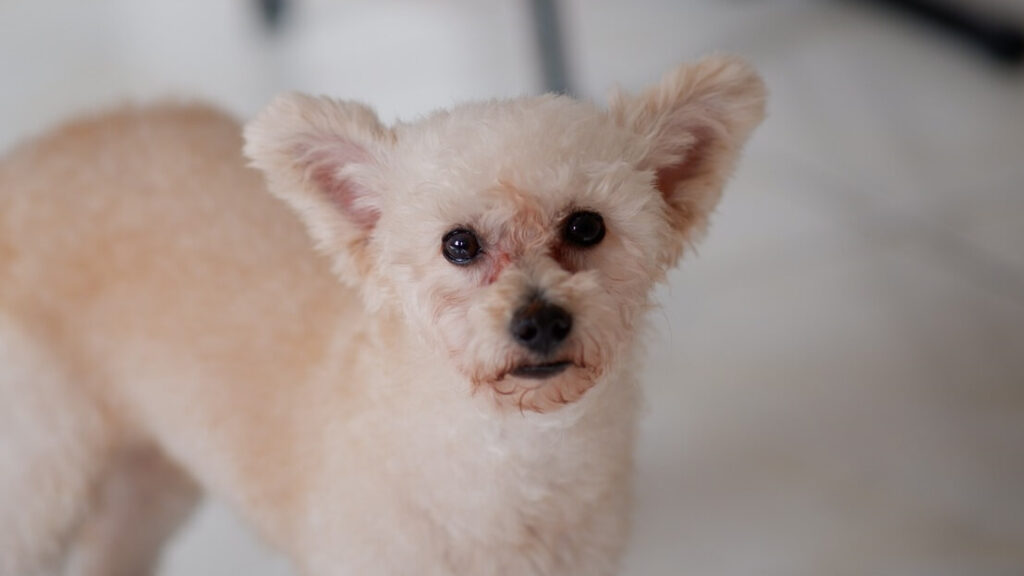
How to Avoid These Mistakes
Proper Grooming Practices
To avoid grooming-related issues, establish a consistent grooming schedule. Invest in the right tools and learn the basics of poodle grooming. Don’t hesitate to seek professional help when needed. Regular grooming not only keeps your poodle looking good but also prevents health issues.
Meeting Exercise Needs
Understand that your miniature poodle needs regular and varied exercise. Ensure they get enough physical activity to prevent boredom and behavioral issues. Balance exercise with adequate rest to avoid overexertion.
Providing a Balanced Diet
Consult your vet to develop a balanced diet plan for your poodle. Avoid common dietary mistakes like overfeeding and giving human food. Invest in high-quality dog food that meets their nutritional needs.
Consistent Training and Socialization
Start training your poodle early and be consistent. Use positive reinforcement techniques to encourage good behavior. Socialize them well to ensure they are comfortable in different environments and around other animals.
Comprehensive Health Care
Maintain regular vet visits and follow a preventive care routine at home. Monitor your poodle for any signs of health issues and consult your vet promptly. Proper health care can significantly enhance your pet’s quality of life.
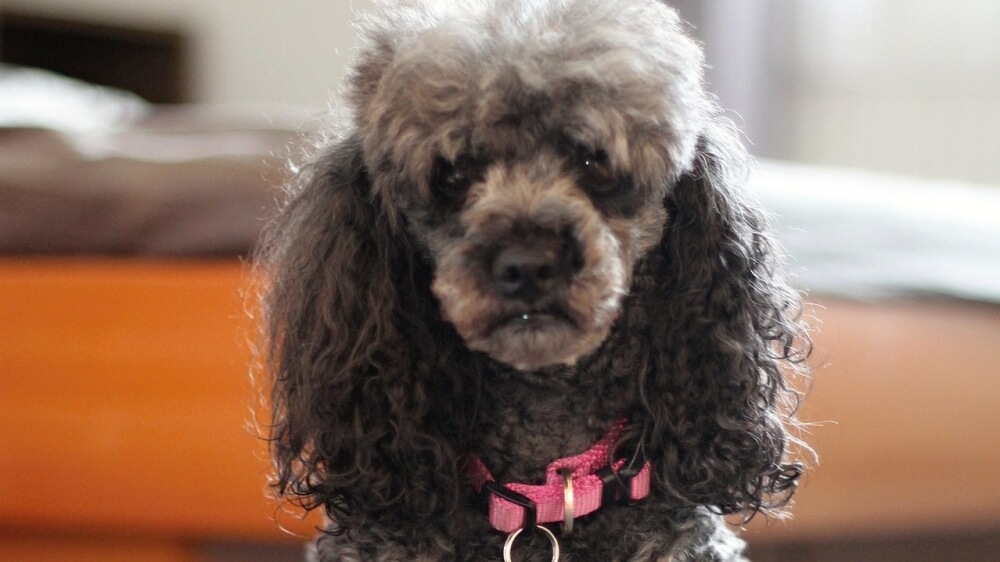
Real-Life Examples and Success Stories
Overcoming Grooming Challenges
Sarah, a miniature poodle owner, struggled with her pet’s matted fur. She invested in grooming tools and took a course on dog grooming. Now, she enjoys grooming her poodle at home, and her pet’s coat is healthier than ever.
Meeting Exercise Needs
John realized his poodle was becoming lethargic and overweight. He introduced daily walks, agility training, and playtime into their routine. His poodle is now more energetic and healthier, and they both enjoy their new activities.
Improving Dietary Habits
Emily used to feed her poodle table scraps, leading to weight gain and digestive issues. After consulting her vet, she switched to a high-quality dog food brand. Her poodle’s health improved dramatically, and Emily now follows a strict feeding schedule.
Successful Training Strategies
Mike’s poodle was initially aggressive towards other dogs. He enrolled in a local training class and used positive reinforcement techniques. With time and patience, his poodle became well-behaved and socialized.
Addressing Health Care Needs
Linda noticed her poodle was limping and immediately took him to the vet. Early detection revealed hip dysplasia, and with proper treatment and care, her poodle is now living comfortably.
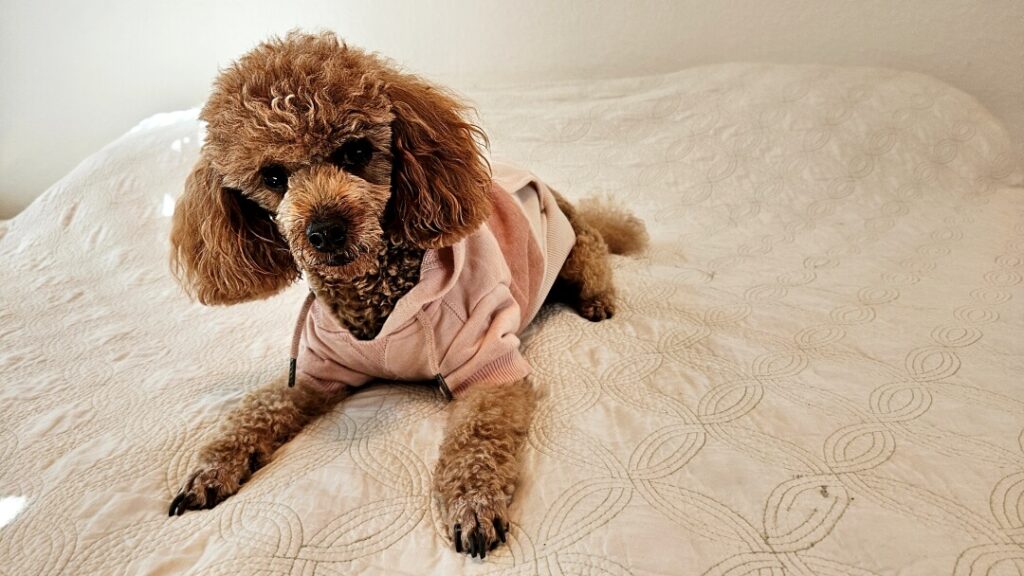
Conclusion and Call to Action
Owning a miniature poodle is a rewarding experience, but it comes with its own set of responsibilities. By avoiding common mistakes and following the tips outlined in this blog, you can ensure your poodle leads a happy, healthy life.
Remember to maintain regular grooming, meet their exercise needs, provide a balanced diet, be consistent with training, and prioritize health care. Your poodle will reward you with endless love and companionship.
If you found this article helpful, share it with other miniature poodle owners. For personalized tips and advice, book a consultation with our expert dog trainers and veterinarians. Happy poodle parenting!
